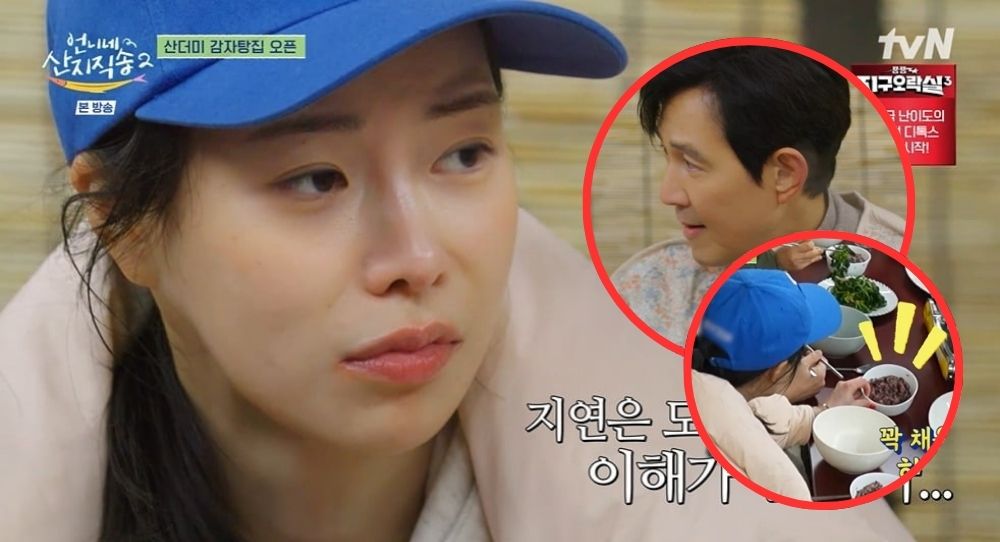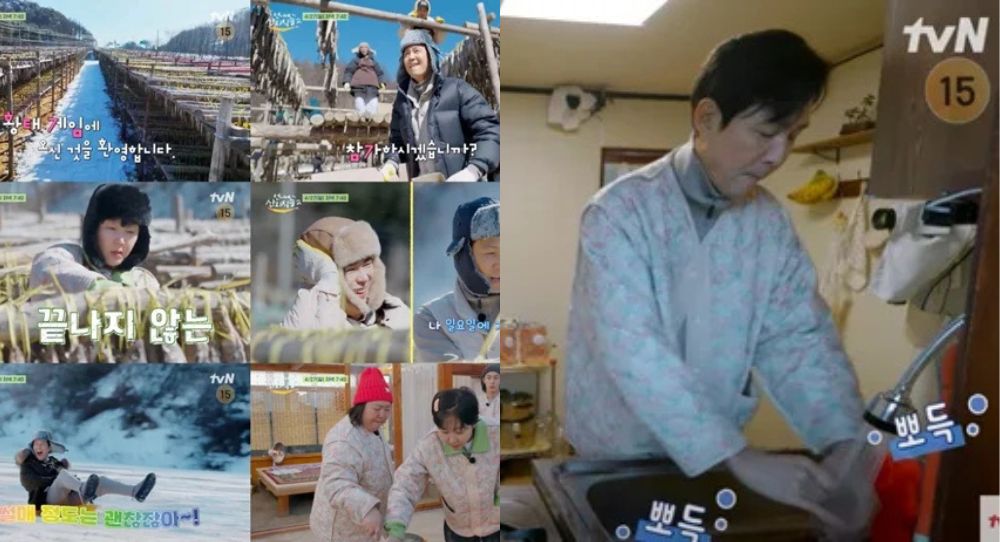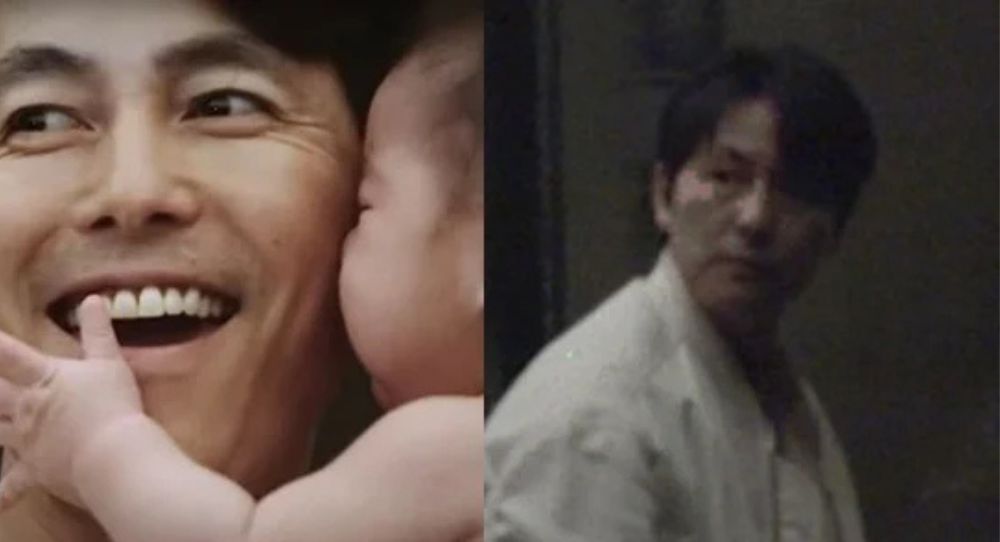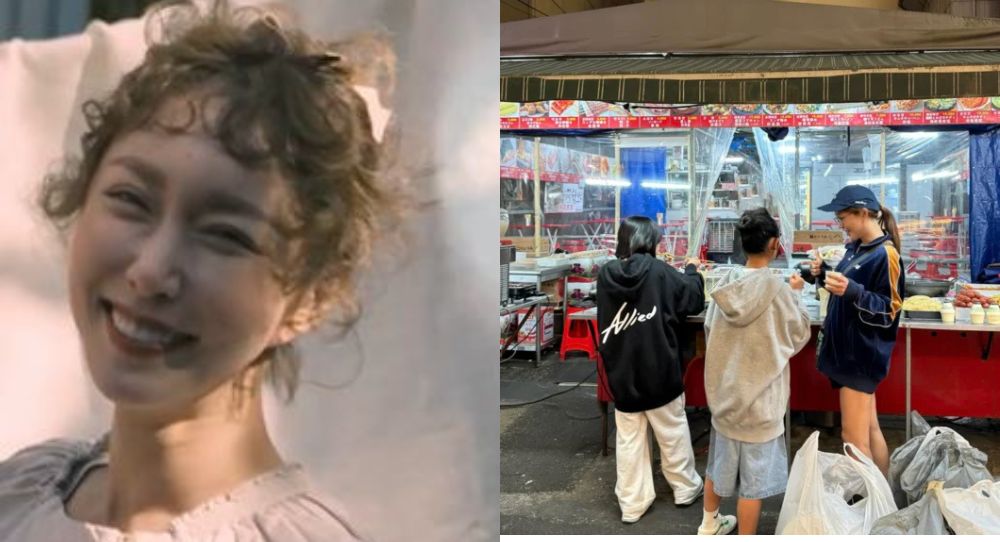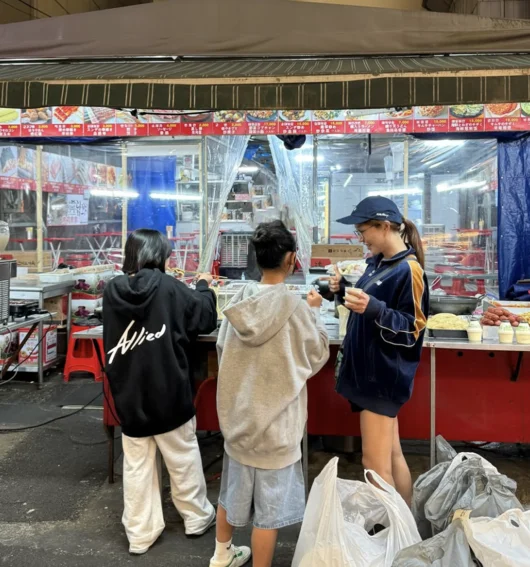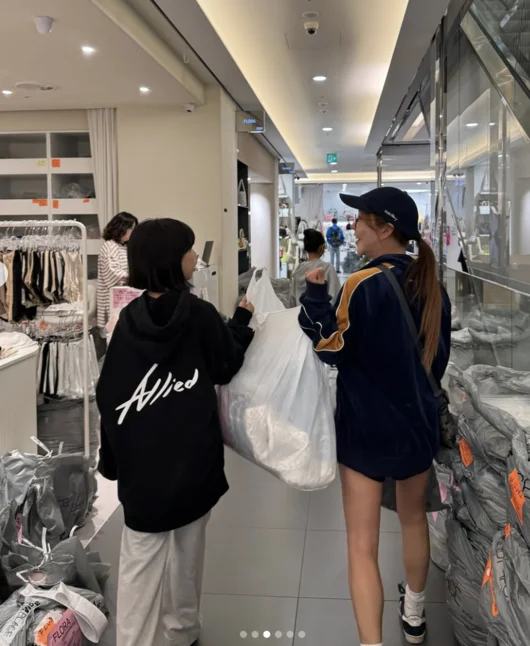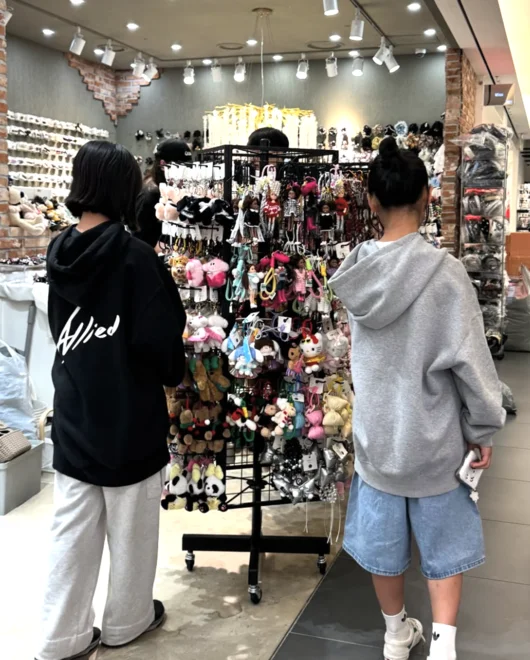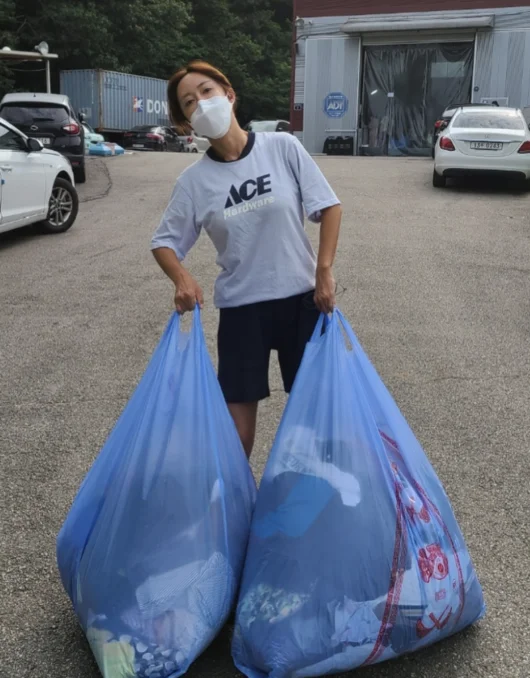
At the 75th Cannes International Film Festival, various reactions from domestic and foreign reporters to the movie "Hunt," which was invited to the non-competitive Midnight Screening, are drawing attention. While domestic reporters analyzed that Lee Jung Jae's debut as successful, foreign media's evaluation was divided into likes and dislikes.
At the Cannes Film Festival held at 12 p.m. on May 19th (local time, 7 a.m. on the 20th) in the southern French resort city of Cannes, the movie "Hunt" (director Lee Jung Jae) was first screened in the Midnight Screening category.
"Hunt" is a spy action drama in which Park Pyeong Ho (Lee Jung Jae) and Kim Jeong Do (Jung Woo Sung), who suspect each other to find hidden spies in the organization, face a huge incident called "Korea's No. 1 assassination operation."
It was also a hot topic in that it was Lee Jung Jae's debut film as a director, and that it was the first movie that Lee Jung Jae and Jung Woo Sung met in one work in more than 20 years after the movie "No Sun."

The Hollywood Reporter of the U.S. commented on "Hunt," which was released on the same day, saying, "The depth of the character and the consistency of storytelling are insufficient."
Regarding the complex narrative structure of the film, he added, "It is a movie that gets lost in a dense bush," adding, "These fast and complex psychological warfare requires stricter narrative control, but their loyalty and motivation for action are often unclear."
IndieWire has published a review of its vast narrative and repetitive twists. "The plot twists in the plot," the media said. "Every new scene contains a twist of reshaping the plate, which starts to creak so much that it feels like the movie is trying to exhaust the audience to extract some valuable information," or "The information (about the play) is dumped without hesitation."
Variety pointed out that the combination of Park Pyeong Ho, played by Lee Jung Jae and Kim Jeong Do, played by Jung Woo Sung, was regrettable, and said, "It is not as satisfactory as the action they made with considerable skill."

ScreenDaily said, "As the relationship between the two agents gradually becomes more confrontational, a primitive and comical fistfight takes place at some point," but added that it is an overwhelming and dynamic scene about the action and explosion scenes in the play.
Some French Cinephils who met after the premiere of the Cannes Film Festival also expressed regret over the narrative. They said it was difficult to understand the context of modern Korean history in the 1980s, which was set by "Hunt."
In response, he expressed regret that there were many scenes of torture that came as violent scenes or that he missed due to cultural differences.
On the other hand, even though it was the director's debut work, he left a positive review on his directing skills.

"Hunt" tells the story of the re-creation of the "Aungsan terror incident," which actually took place in October 1983.
The "Aungsan Terror Incident" was used as a story to describe the drama realistically within the background of the times.
For foreign audiences who did not have a clear context for the incident and modern Korean history in the 1980s, it seemed difficult to persuade the two agents' motives for their tragic behavior and fierce confrontation.
In a situation where there was a lack of understanding of the context, complex stories and faint motives that relied on the background of the times were seen as unexpected spy thrillers by foreign audiences.
Source(1)

